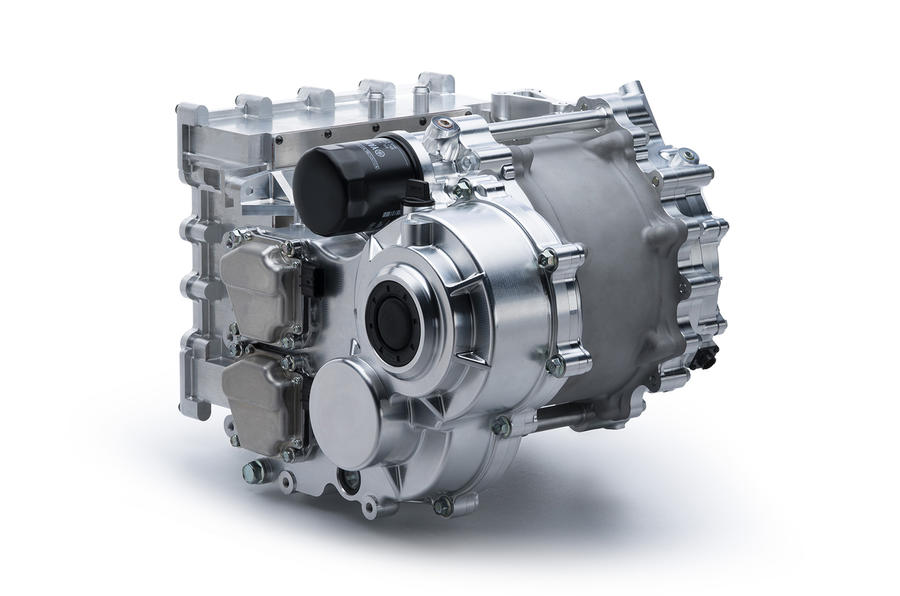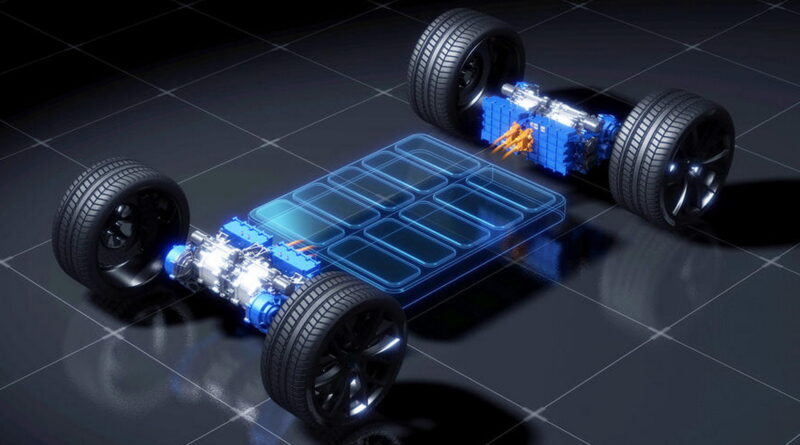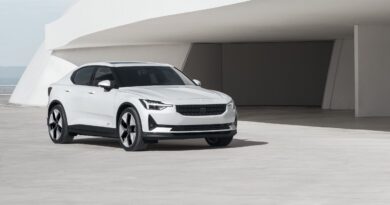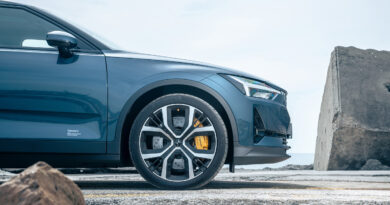350kW Yamaha e-motor developed for hyper-EVs
Yamaha is planning to make a big impact on the EV market with a prototype electric motor it claims has “the industry’s highest class in output density”.
The compact oil-cooled unit is estimated to make about 350kW and has no plans to be used in a Yamaha car but will instead be offered to existing manufacturers and those wanting to enter the EV space with a plug-and-play unit.
With an 800V electrical system, the Yamaha motor is aimed at the “hyper-EV” category and “was also developed in anticipation of installation and use of multiple units on a single vehicle”.
Two or three 350kW motors could make quite an impact! And with four teamed together – as Yamaha demonstrated on a skateboard architecture loaded with batteries – the impact would be a combined 1400kW of power, or about triple that of a well-credentialed supercar; even the Ferrari SF90 hybrid supercar tops out at around half that output using a twin-turbo V8 and three electric motors.
Key to the Yamaha e-motor’s compact dimensions is a construction that “treats the mechanical and electrical components as a single entity, integrating the gear and inverter into one unit”.
No word yet on whether any manufacturers are interested in the Yamaha e-motor, although it’s likely some will at least take an interest.
Yamaha has been taking orders for lower powered electric motors – those between 35kW and 200kW – since 2020.
Most manufacturers currently buy electric motors from external component suppliers such as Bosch; BMW is a rare exception, creating its own motor internally.
Whereas engine designs and configurations could radically change the character of a car, manufacturers are grappling with how to inject personality into motors that are typically near-silent and produce relatively easily torque and power.

Yamaha also says its expertise in casting, machining and assembly allows it to develop prototypes faster than other suppliers, potentially helping fast track the inevitable shift to electricity.
And don’t forget Yamaha has a rich history in designing engines for cars, building on the tech it uses in its motorbike engines.
Yamaha developed a V8 for Volvo, high-revving four-cylinders for Toyota (including for the Celica and MR2) and the ballistic 4.8-litre V10 for the Lexus LFA hypercar, among others.




